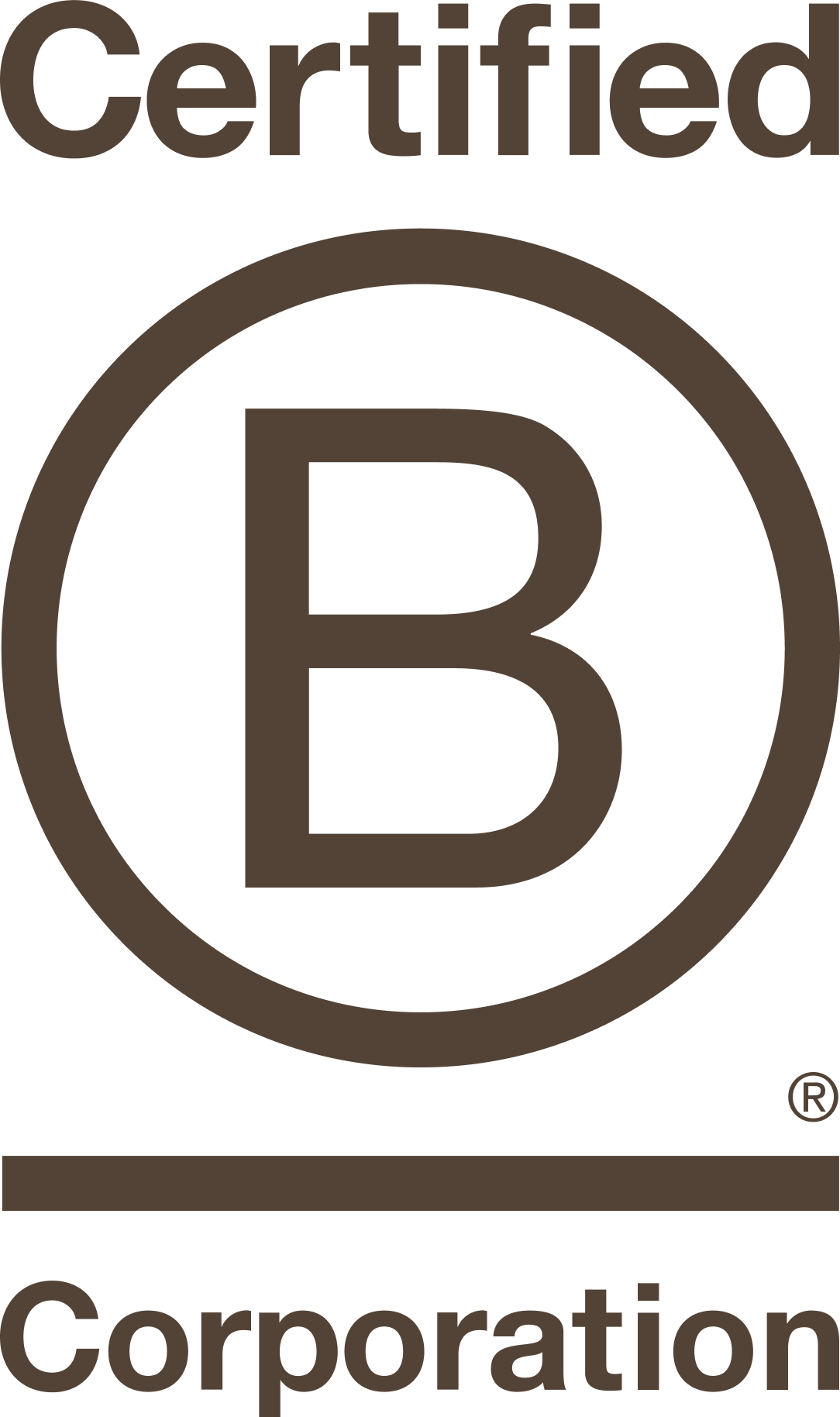

Will & Bear Australia

Queensland, Australia
July 2022
Apparel
Wholesale/Retail
Australia
Will & Bear is now B Corp certified and we are so proud to be here. This B Corp certification reflects the choices we have made over the years to invest in our future generations and strive to act as a responsible business in our global community. B Corp certification measures a company's entire social and environmental impact. By supporting a B Corp Certified business, you are supporting a responsible and sustainable business who cares about not only their community, but also the environment. As a brand we have always endeavoured to inspire a culture that cares with products built from the earth, for the earth. Our hats are curated from the finest natural materials available and we feel like we have created a product that you as our customers are not only proud to wear but also an adventurous community that you all love being a part of. Since the beginning we have planted trees for every hat we have sold and will continue to do so as a part of our commitment to our community and the Earth, with a donation of 2% of revenue each year going towards investing in our planet. We want to thank our entire community for being a part of our journey so far and look forward to seeing the impact on our future that we can all make together.
Overall B Impact Score
Governance 13.3
Governance evaluates a company's overall mission, engagement around its social/environmental impact, ethics, and transparency. This section also evaluates the ability of a company to protect their mission and formally consider stakeholders in decision making through their corporate structure (e.g. benefit corporation) or corporate governing documents.
What is this? A company with an Impact Business Model is intentionally designed to create a specific positive outcome for one of its stakeholders - such as workers, community, environment, or customers.
Workers 16.1
Workers evaluates a company’s contributions to its employees’ financial security, health & safety, wellness, career development, and engagement & satisfaction. In addition, this section recognizes business models designed to benefit workers, such as companies that are at least 40% owned by non-executive employees and those that have workforce development programs to support individuals with barriers to employment.
Community 41.0
Community evaluates a company’s engagement with and impact on the communities in which it operates, hires from, and sources from. Topics include diversity, equity & inclusion, economic impact, civic engagement, charitable giving, and supply chain management. In addition, this section recognizes business models that are designed to address specific community-oriented problems, such as poverty alleviation through fair trade sourcing or distribution via microenterprises, producer cooperative models, locally focused economic development, and formal charitable giving commitments.
What is this? A company with an Impact Business Model is intentionally designed to create a specific positive outcome for one of its stakeholders - such as workers, community, environment, or customers.
Environment 8.7
Environment evaluates a company’s overall environmental management practices as well as its impact on the air, climate, water, land, and biodiversity. This includes the direct impact of a company’s operations and, when applicable its supply chain and distribution channels. This section also recognizes companies with environmentally innovative production processes and those that sell products or services that have a positive environmental impact. Some examples might include products and services that create renewable energy, reduce consumption or waste, conserve land or wildlife, provide less toxic alternatives to the market, or educate people about environmental problems.
What is this? A company with an Impact Business Model is intentionally designed to create a specific positive outcome for one of its stakeholders - such as workers, community, environment, or customers.
Customers 2.9
Customers evaluates a company’s stewardship of its customers through the quality of its products and services, ethical marketing, data privacy and security, and feedback channels. In addition, this section recognizes products or services that are designed to address a particular social problem for or through its customers, such as health or educational products, arts & media products, serving underserved customers/clients, and services that improve the social impact of other businesses or organizations.